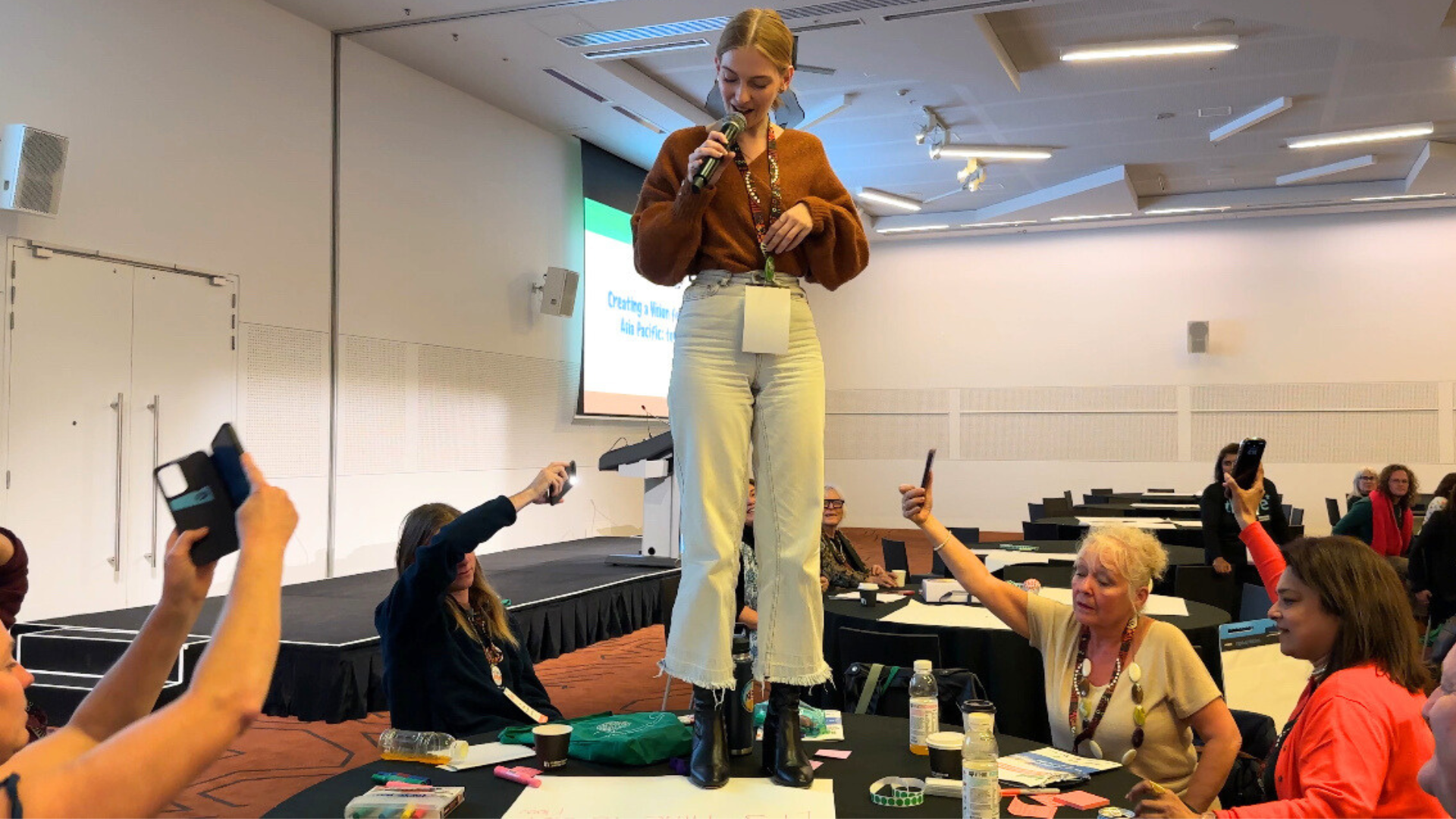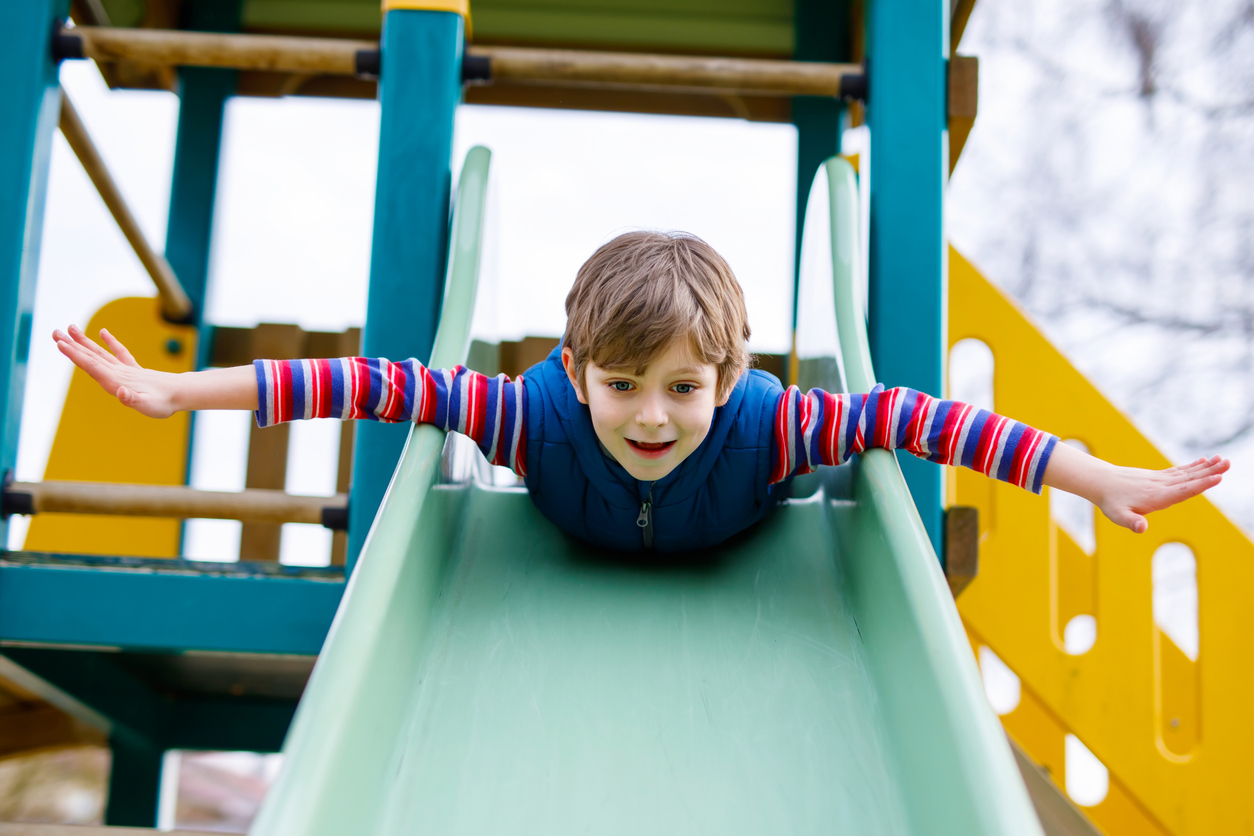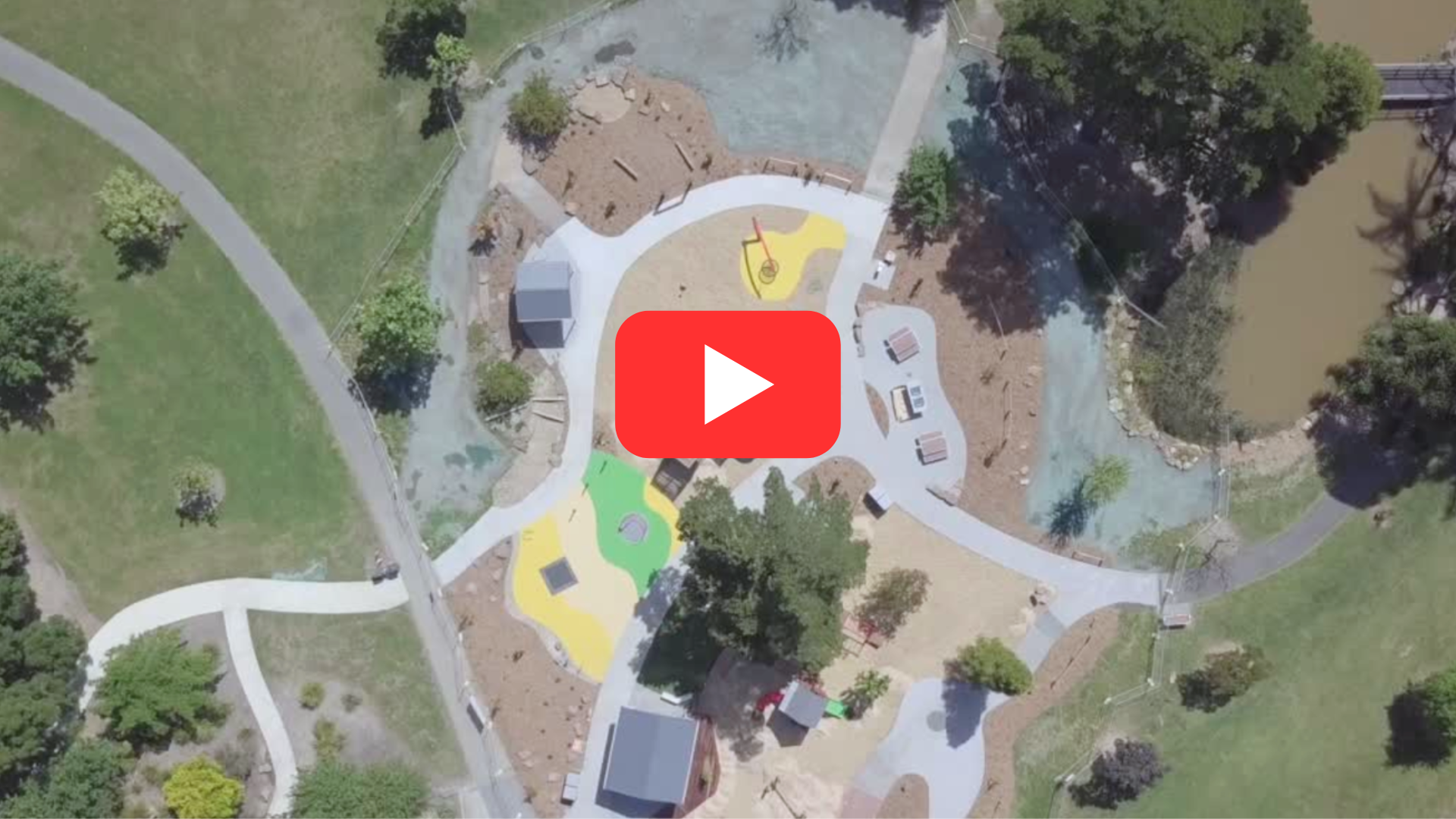About Us!
Play Australia was formed in 1914 by a committed groups of individuals who wanted to ensure all children had safe and interesting places to play.
At Play Australia we still believe that for a healthy community, children need time, space and freedom to play. We also believe play is important for adults! Join our national movement to build healthy communities through the power of play
Membership Benefits and Membership Packages here
ONLINE COURSES
Learn on your terms with Play Australia’s Online Learning Series,recorded
webinars and self-paced courses covering playground design, risk-benefit
assessment and inclusive playspaces. Designed for educators, designers
and community leaders, these digital resources let you build skills anytime, anywhere.

IN PERSON TRAINING
Prefer hands-on learning? Join our two-day Playspace Development Workshop to master playspace design and maintenance. Our Playwork Practitioner course explores Playwork principles and risk-benefit assessments. Build your professional skills and connect with peers at member-only sessions, where experts share insights and foster collaboration.
Check out our professional learning option in the tab at the top of the page!

RISKY PLAY POSITION
Risky play is an inherent and critical component of young children’s play; yet, within Australia, risky play is often missing from children’s lives. This Position Statement challenges the current Australian narrative around risky play and highlights a benefit-risk approach to risky play for all young children.

Stay up to date
Sign up to our Play Today e-News to receive FREE fortnightly updates on our campaigns and how you can be involved and follow us on Facebook, LinkedIn and Instagram





